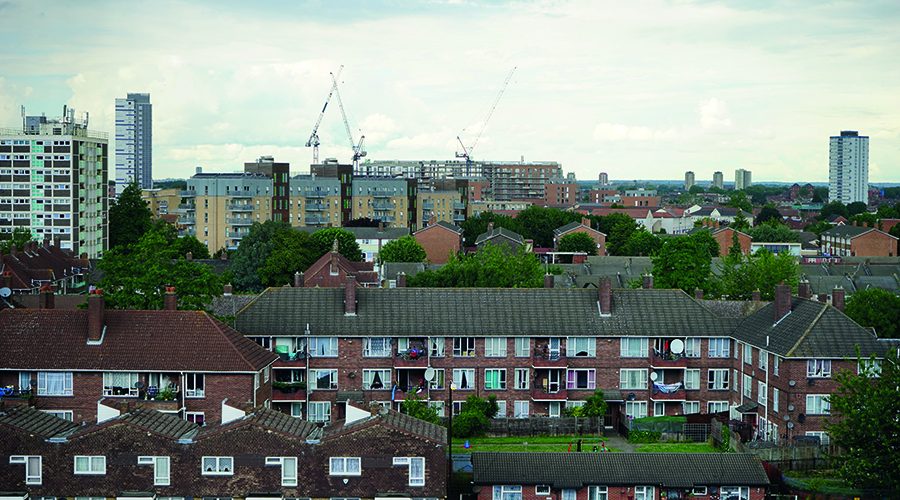Liz Gibbons, Senior Associate and Social Housing Specialist at Capital Law, offers her analysis on the key issues facing the sector from an ongoing shortfall of affordable housing to removing the negative stigma associated with social housing.
Capital Law

Liz Gibbons is a Senior Associate and Social Housing Specialist at Capital Law. She deals with a variety of commercial and residential transactions with a particular focus on the social housing sector.
Housing is in a state of flux with residents being evicted by landlords on unreasonable grounds and thousands of tenants still living in unsuitable and technically unsafe accommodation with Grenfell-style cladding. So, what does the country’s next leader need to be aware of when taking over?
Last month’s Housing 2019 conference may have served as an opportunity for Theresa May to list the perceived “successes” in the social housing sector during her term, but it also highlighted the many deep-rooted issues which remain and which need to be urgently addressed by her successor.
While more homes have been built and further money has been pledged, the housing shortage remains. The new Prime Minister will need to be fully committed to resolving the longstanding and embedded issues which plague the sector and will need to remain focussed in order to create sufficient levels of affordable, adequate, safe and secure homes.
Research conducted by Heriot-Watt University estimated the level of housing required in England as 340,000 per year, of which 145,000 should be affordable. A joint call from the National Federation of Housing, the Chartered Institute of Housing and Shelter for the Government to invest £12.8bn a year into the sector to meet such demand, demonstrates both the scale of the crisis and the investment required.
While the £2bn pledged to social housing by Theresa May over the course of seven years from 2022 was a start, this proposed investment is far short of the funds required. The new Prime Minister must accelerate a programme currently in its infancy, if the level of affordable homes required are to be delivered.
However, in a political climate dominated by uncertainty, the vision for steady growth in the housing market is immersed in doubt with Brexit serving as a distraction. With the prospect of a No Deal looking likely, the end of free movement of people between the European Union and the United Kingdom is on the horizon which could limit the labour and workforce available to build the homes the country needs.
Turning to the private sector rental market, the abolition of capped rent deposits and letting fees in England was introduced with the intention of addressing the issues which affect private tenants; however, with rents being increased by landlords to off-set such losses, the Government must go further to close such loopholes and ensure that the intention and spirit of the legislation is delivered. The impending abolition of Section 21 “no fault” evictions, also presents similar concerns – how, and will, the new Prime Minister address these or will the chaos of a no-deal Brexit overtake?
In light of the Grenfell disaster, safety is also a major issue requiring urgent attention, but the response to date has been slow and ineffectual. As with many issues facing the sector, changes have started but are too slow and too limited to address the full extent of the issues facing both social housing providers and their customers, the tenants.
Theresa May’s successor will need to show a commitment to, and focus on, the sector if the vision of solving the housing crisis is to be realised. Whether change can be achieved, is largely dependent upon the outcome of Brexit and the legacy it leaves.







